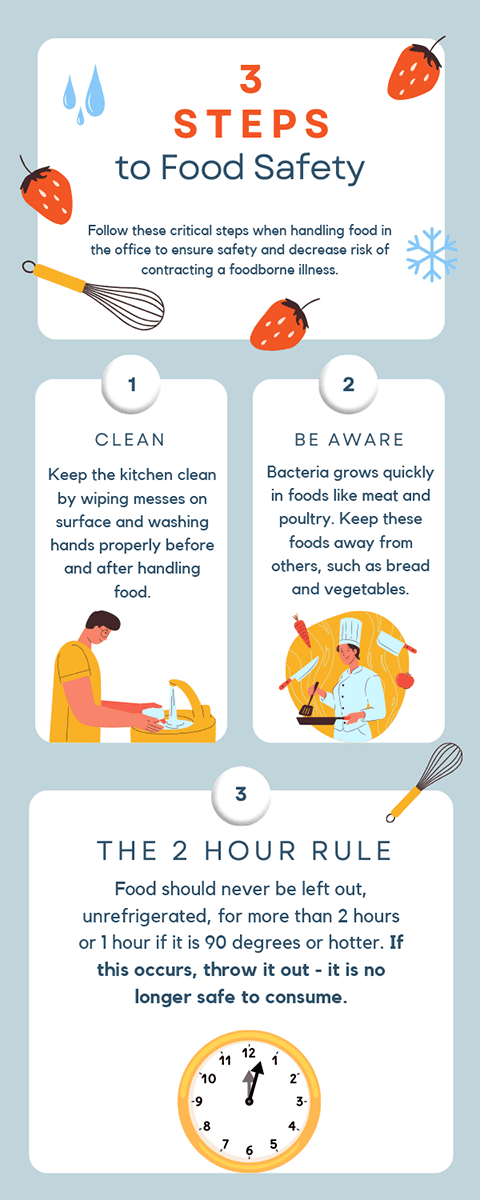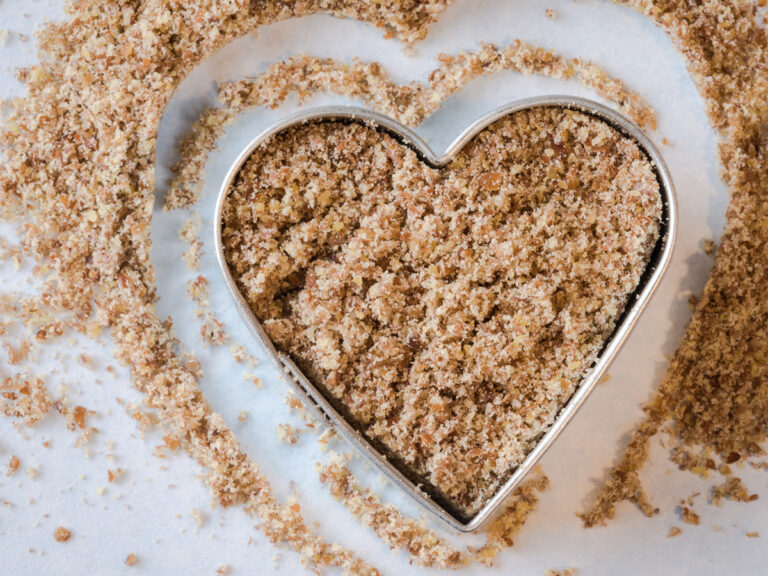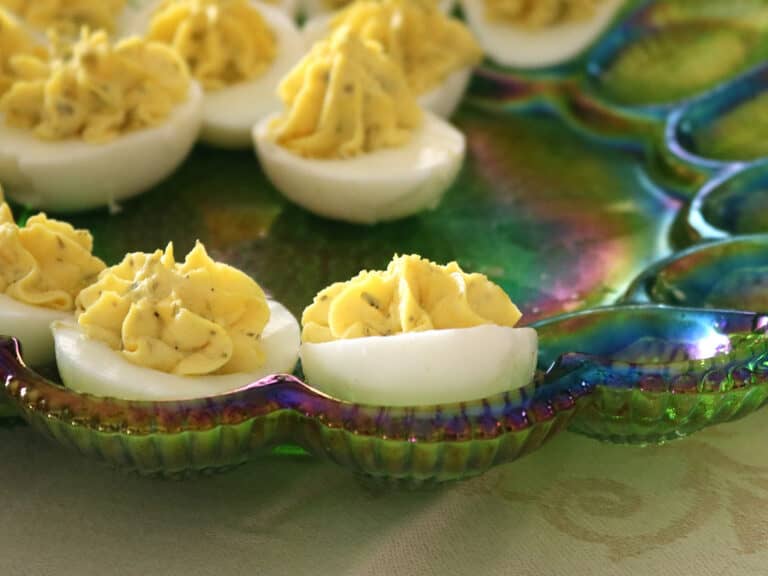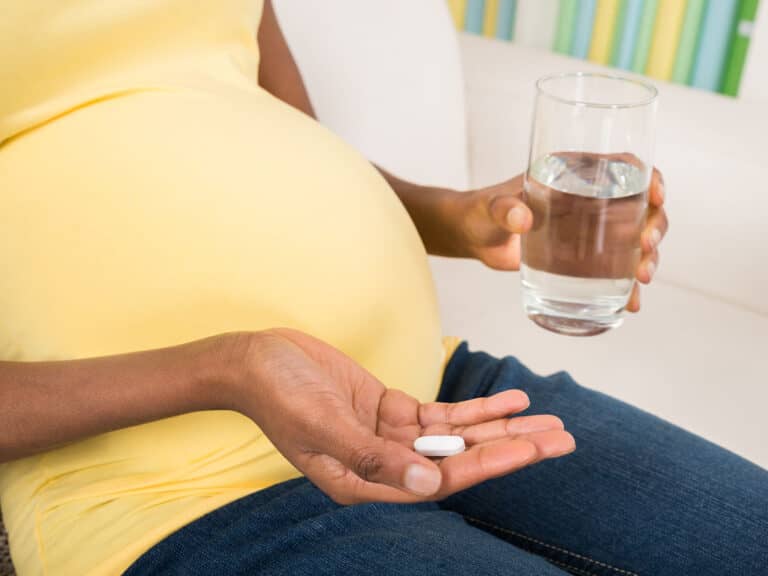
Keep Hands and Food Prep Sites Clean
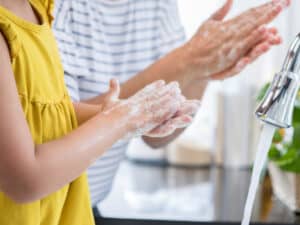
One of the most important food safety practices is handwashing, which can be hard when you are on a summer outing. If there is nearby running water available, use it to wash your hands with soap before preparing food. If running water is not available, wipe your hands with a disposable wipe and then sanitize them with hand sanitizer. That will get some grime off your hands and kill some potential harmful pathogens too. It is also important to avoid preparing food for others if you yourself are feeling sick. You don’t want to pass that on to your guests!
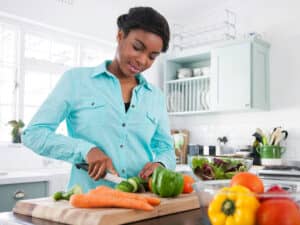
When you are preparing food to cook or eat raw, like a veggie platter or a fruit salad, make sure you chop vegetables and fruits on a clean, sanitized surface that has not been contaminated with raw meat or fish. Cross-contamination is one of the most common causes of foodborne illness, and it can be prevented by keeping raw meat, seafood, poultry, and eggs away from food that is ready to eat. Some people do this with different colored cutting boards, which can be fun. When you are outside doing a cookout, it can be harder to keep track of where food has been, especially if there are many chefs helping out. Therefore, it would be best to wash every surface that you use before you use it – just in case!
Safe Temperatures for Cooling and Cooking
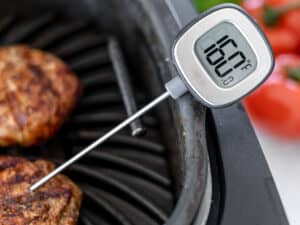
Another of the most important food safety practices is keeping foods in the safe zone for temperature, which is either below 40 degrees Fahrenheit for cold foods, or above 140 degrees Fahrenheit for hot foods. If you don’t have a food thermometer, get one! The temperature of foods should be checked regularly. This helps prevent needing to throw food away, because if the food has been not hot enough for less than 2 hours, it can be re-heated to safety still. However, any food that is left at a temperature above 40 degrees or below 140 degrees for 2 hours or more should be thrown out to prevent foodborne illness. When you cook something on the grill, make sure it cooks up to 140 degrees and then serve it right away – especially if you do not have some way to keep it hot!
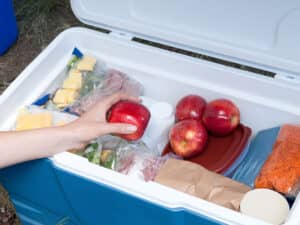
You can keep cold foods cold using ice or ice packs in coolers or insulated bags. You can also use frozen water bottles in a cooler to keep other foods cold. It is a good idea to minimize how many times you open the cooler that has any perishable foods in it, so try to keep snacks and non-perishable items like crackers and chips in one cooler and lunch with perishable items in another cooler – that way the lunch cooler can stay closed and cold until it is time to enjoy.
Also remember that the fuller a cooler is, the better it can keep cold. Try to get the right sized cooler for your activities so that you can pack it full for the day’s adventures. Fruit that is kept whole versus already cut-up can stay safe for longer, like whole oranges, whole berries, whole apples, and bananas.
Meat and Poultry Hotline
The United States Department of Agriculture runs a Meat and Poultry Hotline for food safety questions. The number is: 1-888-674-6854, and you can call them between 10:00 am – 6:00 pm Monday through Friday if you have questions. Since many cookouts might happen on the weekends, try to think of any questions you have before your big event so that you can call them during the week!
Food Safety Infographic
A great visual to go along with Amelia’s tips above is this infographic, created by MMC dietitian and wellness tip contributor, Stefanie Arblaster, RD, LDN. Click here for a pdf version that you can print and hang on your refrigerator, keep with your grilling supplies, or keep packed with a picnic basket or cooler!
